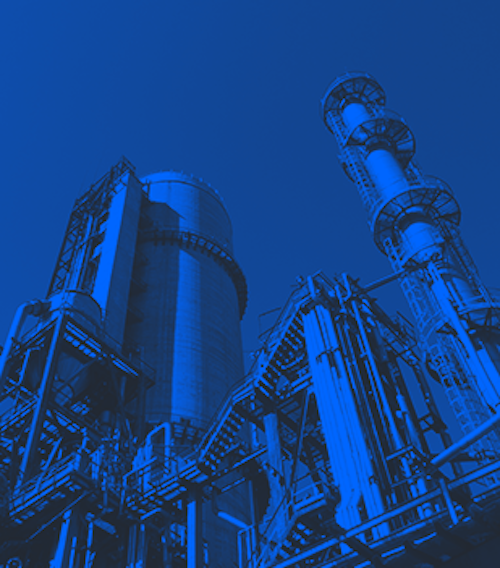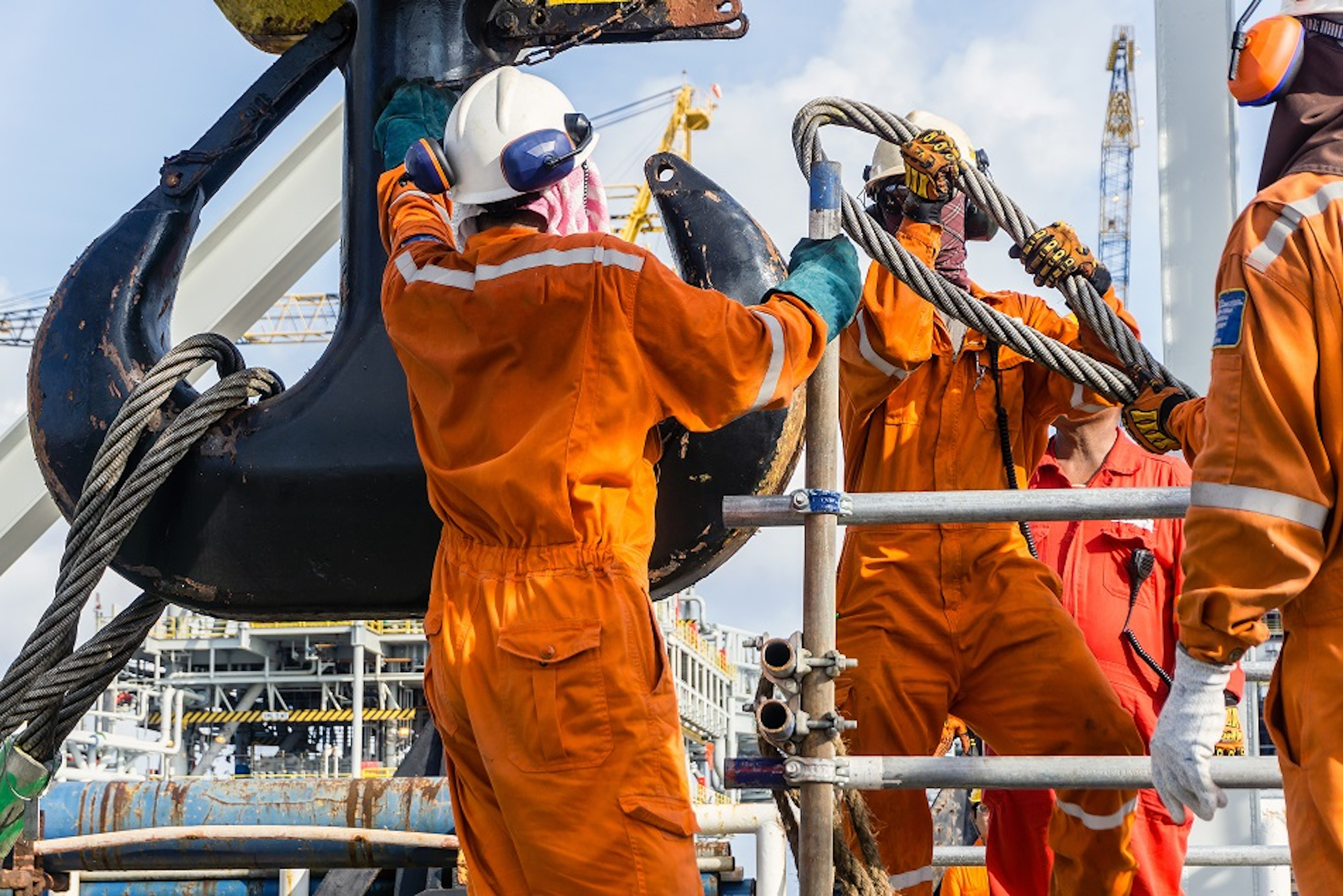What makes a thorough inspection of lifting equipment?
When faulty or damaged, lifting equipment can pose a serious threat to anyone working nearby. That's why thorough inspections are so important. Here's what makes an inspection through and when they should be carried out.
As an employer providing lifting equipment for use at work, you must make sure it’s safe for continued use and that there are no signs of deterioration that may lead to failure. Otherwise, things can go wrong. Not only can equipment be damaged, but more seriously, result in significant or even fatal injuries.
When it comes to the inspection of lifting equipment, the use of common lifting machinery such as cranes, hoists, and various types of lifts, as well as accessories like slings, hooks, and shackles must all be regularly inspected and recorded for the safety of employees.
But what exactly does the inspection of lifting equipment involve? And what are the legal requirements that surround it? Let’s take a closer look.
Because of the risk that comes with handling lifting equipment, health and safety laws place a number of specific obligations on those providing, controlling and using said equipment. This is often referred to as a LOLER inspection (Lifting Operations and Lifting Equipment Regulations 1998) and places responsibility on duty holders to ensure that any lifting equipment provided is safe and undergoes regular, thorough inspections.
What is LOLER?
LOLER Regulations came into force on 5th December 1998 and were made under the Health and Safety at Work Act 1974.
It was introduced to address the specific risks associated with the use of lifting equipment, as well as the importance of thorough inspections, reporting, and record-keeping.
What is considered a ‘thorough examination’ under LOLER?
Under LOLER, a thorough examination is a systematic and detailed assessment of the lifting equipment by a competent person to detect any defects that are or might become dangerous.
A thorough inspection must result in a report that contains the information required by LOLER Schedule 1, which includes:
- The date of inspection
- The date of when the next inspection is due
- Any defects found which are or could become a danger
If any defects are identified, the person conducting the inspection must immediately report this to the duty holder. A written report must then be produced, a copy of which must also be sent to the relevant enforcing authority.

When should thorough examinations be carried out?
To verify that both lifting equipment and accessories remain safe for use, thorough inspections are required throughout the lifetime of the equipment. Examinations must be conducted:
- Before first time use – unless the lifting equipment has a Declaration of Conformity less than one year old and the equipment was not assembled on site.
- After assembly and before use at each location – this is aimed at equipment that requires installation or assembly before use. For example, tower cranes.
- Regularly – whilst in service, most equipment will be subject to wear and tear and so should be inspected on a regular basis. Unless there is an ‘examination scheme’ produced by a competent person, thorough examinations should be conducted every:
- 6 months, for lifting equipment used to lift personnel
- 6 months, for all lifting accessories
- 12 months, for all other lifting equipment
Maintain and record inspections with REGALTAGS
At REGALTAGS, we understand the importance of thorough inspections in accordance with LOLER standards and that reliable, visible markings are an essential part in making sure no equipment is missed or presents a danger.
That’s why we recommend the REGALTAGS self-fastening TUFFX inspection tag, suitable in the toughest of environments. With a wide range of bright UV-stabilised colours, the TUFFX Tag remains highly visual to help identify any missing inspections. The TUFFX Tag can also be fully customised to suit your inspection needs.
If you’re in need of a tagging solution that supports the inspection of lifting equipment, contact our team today. We can help maintain a thorough inspection process with highly durable and customisable tags designed for your business.
Subscribe
Join 10,000+ others receiving our monthly updates. Free Tag knowledge delivered straight to your inbox.







